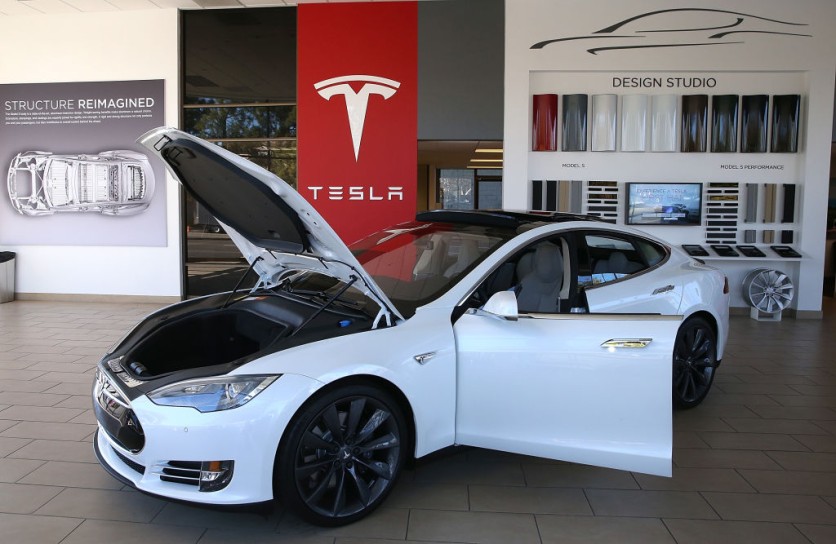
Tesla has introduced cheaper versions of its two main electric vehicles—the Model 3 Standard and Model Y Standard—aiming to attract more buyers after the recent end of a $7,500 federal tax credit for EV purchases.
However, the announcement did not sit well with investors, and Tesla's stock dropped by about 4% shortly after the reveal.
The Model 3 Standard will be priced at $38,630, and the Model Y Standard starts at $41,630. Both prices include destination and order fees, CNN reported.
The new models will become available between November and January. These prices are roughly $5,000 less than the previous "Premium" versions, which were Tesla's least expensive models before.
While the price cuts might seem attractive, the Standard versions come with fewer features.
For example, they lack a large second-row touchscreen, have only seven speakers instead of 15, and sport a cloth interior rather than a cloth and microsuede mix.
The driving range is also shorter than the Premium models, though it beats the highest-performance versions in range.
Additionally, the new models take longer to accelerate and use simpler shock absorbers.
Tesla unveiled more affordable versions of its best-selling Model Y SUV and its Model 3 sedan as it seeks to reverse falling sales and waning market share. Read more: https://t.co/cxrtTpTJ37 pic.twitter.com/AXeR0fLd01
— Reuters Business (@ReutersBiz) October 8, 2025
Tesla Faces Tougher EV Market Despite Q3 Gains
Tesla CEO Elon Musk unveiled the new models on his social media platform, X.
Despite Tesla's record sales in the third quarter—when buyers rushed to get cars before the tax credit expired—the market for electric vehicles has become tougher.
Gas and hybrid vehicles now look more affordable compared to Tesla's lineup, and other automakers are releasing budget-friendly EVs.
For example, Hyundai recently announced new models priced nearly $10,000 less than their older versions.
Investors seemed disappointed by Tesla's announcement. According to AP News, Edmunds analyst Ivan Drury said, "Investors were looking for something truly different, not an iteration of an old product."
This sentiment was reflected in Tesla's stock drop, signaling doubts about whether the new models will significantly boost sales.
Tesla's CFO, Vaibhav Taneja, said the company began producing the lower-cost cars in early 2025 but expects the ramp-up to be slower than planned due to the focus on maximizing deliveries before the tax credit ended.
Tesla faces rising competition from companies like BYD in China, which is poised to overtake Tesla as the world's largest EV seller.
Tesla also plans to introduce a cheaper Model Y version in China next year to better compete.
Originally published on vcpost.com




